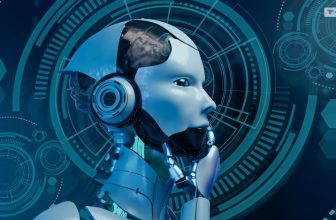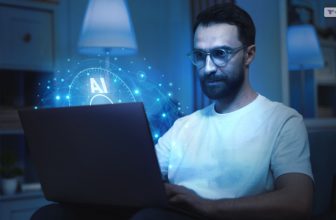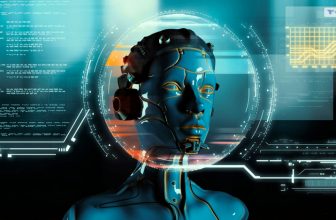
In today’s digital age, coding has become an essential skill for many industries. From web development to data analysis, coding is used in a wide variety of fields. It’s a valuable tool for problem-solving and creativity, and it can open up new career opportunities.
But still, many people are intimidated by the idea of learning to code, but the truth is, it’s not as difficult as you might think. Using the right approach and assistance, anyone can learn to code. In this blog post, we’ll be discussing ways to start coding the right way.
So, whether you’re a complete beginner or just looking to brush up on your skills, read on to learn how you can start coding today!
Top 7 Factors To Look For While Starting Coding Journey
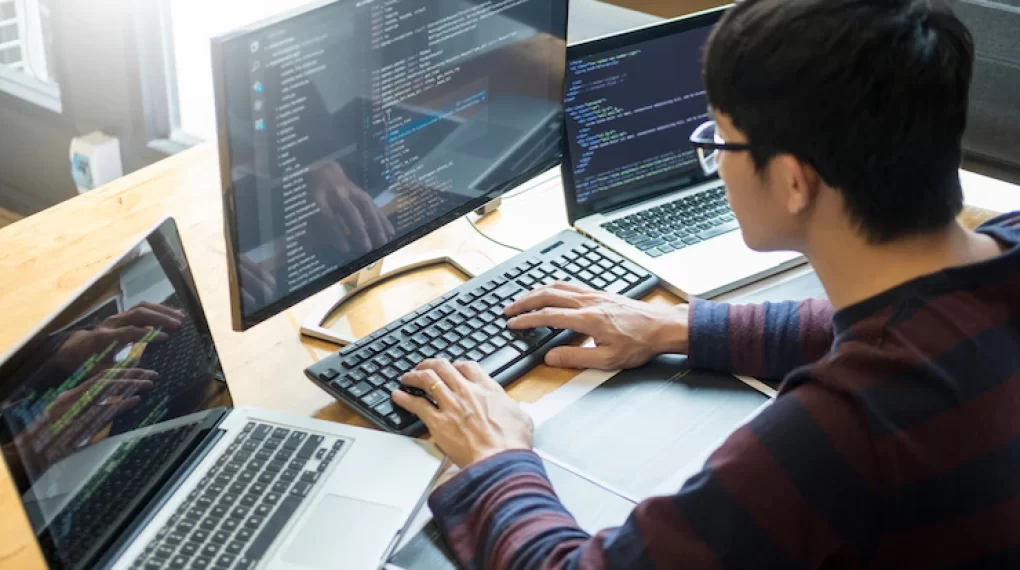
1. Setting realistic goals
One of the most important things to do when starting to learn how to code is to set realistic goals. Setting goals for your coding journey will help you stay motivated and on track. It can also help you measure your progress and see how far you’ve come.
To set realistic goals, you can break down your learning journey into smaller steps. For example, if your goal is to build a website, you can start by learning the basics of HTML and CSS, then move on to JavaScript and finally, learn a web development framework. This way, you’ll be able to see progress and achieve your goals in small steps.
2. Finding the right resources
Finding the right resources to learn to code is crucial. There are many resources available online, such as tutorials, courses, and forums, that can help you get started with coding.
However, if you have some experience and want to boost your career with more polished skills, consider joining a software developer boot camp. Boot camps offer intensive programs to prepare students for rewarding technical jobs. During the courses, you will participate in coding sessions, challenges, pair programming exercises, and a culminating project that will help you gain a better understanding of the concepts.
Additionally, you can use forums, such as Stack Overflow, Reddit, and GitHub, to ask questions and get help from other coders. You can also find inspiration and learn from the code snippets and projects shared by other users.
3. Joining a coding community
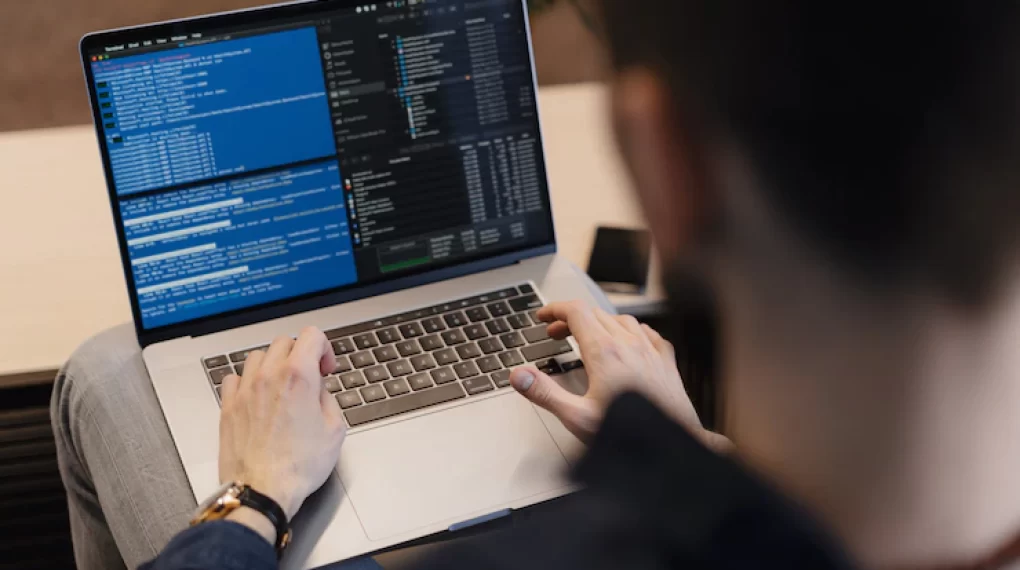
It’s also a great idea to join a community of like-minded individuals. A coding community can provide you with support, motivation, and a wealth of knowledge. And as we all know, it’s always easier to learn when surrounded by others who are also learning. There are many different coding communities out there, from online forums to local meetups. You can find coding communities on Reddit, Meetup.com, or even social media.
Joining a community can also open up new opportunities for networking and even job hunting. Many coding communities host events and hackathons, which can be a great way to meet other developers and showcase your skills.
Consider Going Through: How To Fix 0x0 0x0 Error? – No Coding! – TTP [Genuine Explanation]
4. Building projects
Building projects are a great way to apply the concepts you’ve learned and gain experience. It’s also great to showcase your skills to potential employers or clients. Initially, it can be challenging to come up with project ideas. A great way to find inspiration is to look at the projects of other coders or to browse relevant websites. You can also start by building small projects, such as a calculator or a to-do list, and work your way up to more complex tasks.
When building projects, it’s important to remember that the goal is to learn and gain experience, not to build the perfect product. Don’t be afraid to experiment and make mistakes. And remember to share your projects with others and get feedback.
5. Reading another programmer’s code
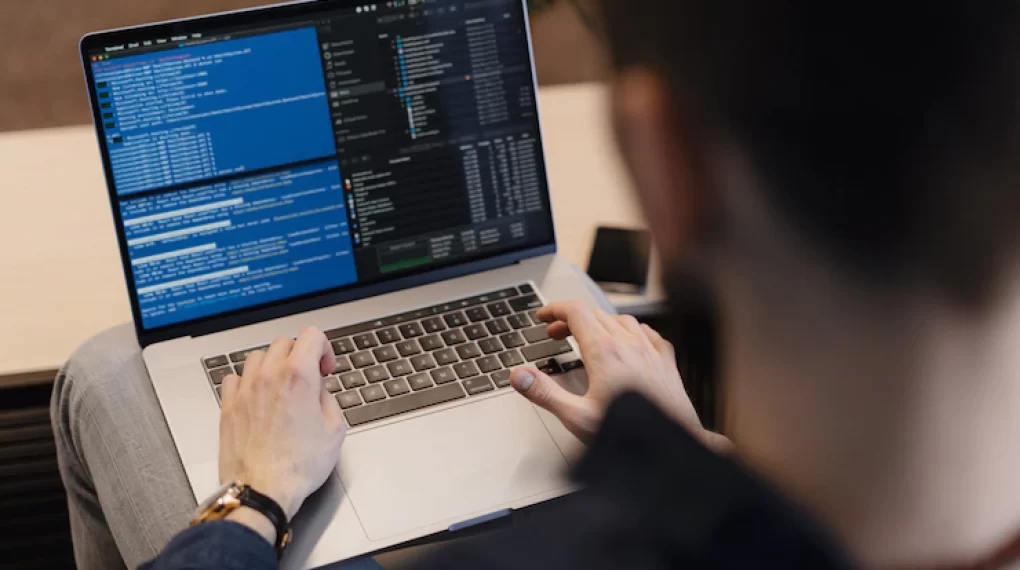
Reading code is an essential part of learning to code. It’s a great way to learn new techniques and improve your understanding of programming concepts. When you’re just starting, it can be overwhelming to read code written by more experienced coders.
A great way to start is to look at the code of smaller projects, such as those shared on GitHub. As you become more comfortable with the concepts, you can move on to reading the code of more complex projects.
You should also read code written in different programming languages. This can help you understand the similarities and differences between languages and make it easier to learn new languages in the future.
6. Debugging your code
Debugging is an essential part of the coding process. It’s the process of identifying and fixing errors in your code. In the beginning, it can be frustrating to debug your code. However, it’s an important skill to master. A great way to start is to use the debugging tools provided by your code editor or IDE (Integrated Development Environment). These tools can help you identify the location of the error and understand what’s causing it.
It’s also a good idea to learn how to use standard debugging tools, such as console.log() in JavaScript, and to get familiar with the error messages. This will make it easier for you to understand what’s going wrong and fix the errors.
7. Staying up-to-date with technology
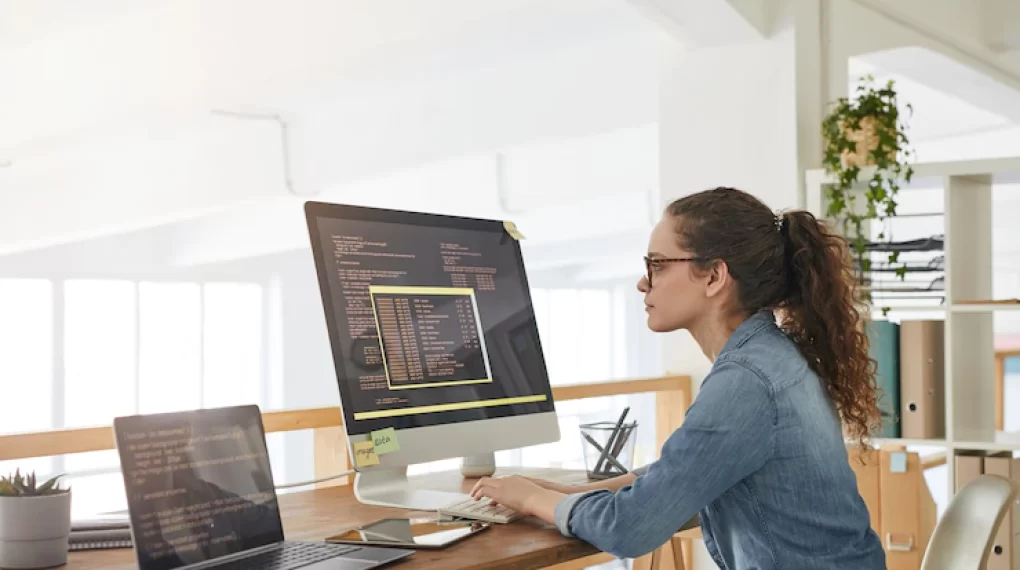
Staying up-to-date with technology is essential for learning to code. Technology is constantly evolving, and it’s important to keep up with the latest trends and tools. One way to stay informed is to read blogs and podcasts about the latest technology trends. Websites such as Hacker News, TechCrunch, and The Verge are great places to start. You can also follow the updates of major technology companies such as Google, Microsoft, and Apple.
Another way to stay up to date is to participate in coding challenges and hackathons. These events are a great way to learn new skills and stay on top of the latest technologies.
Final words
The key to learning to code is to take action and be consistent in your practice. Setting a goal, creating a schedule, and finding resources that align with your learning style and goals are essential steps in learning to code. Just remember, coding is a journey, not a destination. Keep learning, keep practicing, and don’t be afraid to make mistakes. With the right mindset and resources, anyone can learn to code.
Additional:



